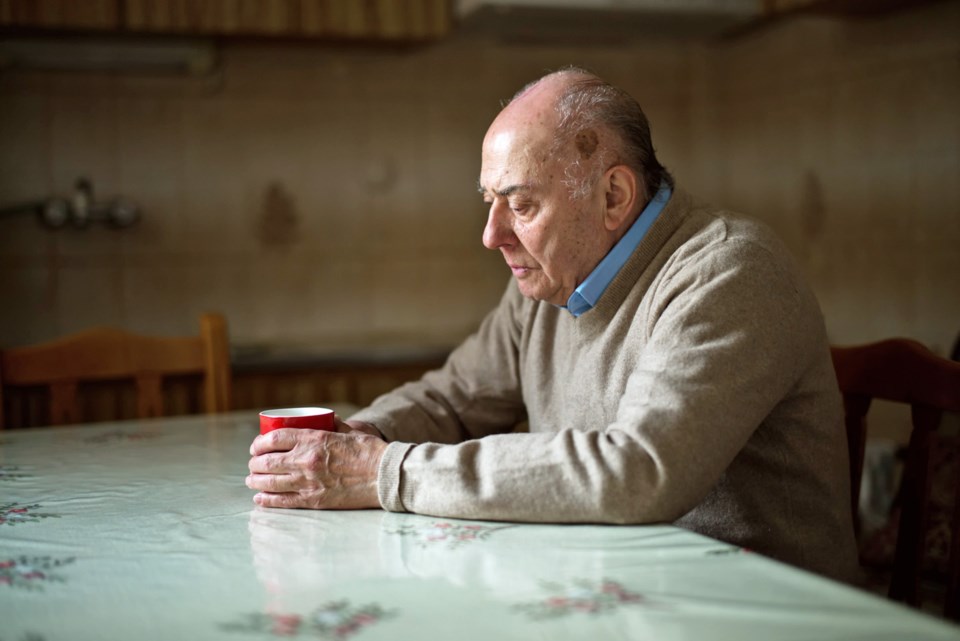I remember it well. I walked down the dingy hallway and knocked on the door. A feeble but cheerful “Come-in” was the reply, and I pushed the door open. What confronted me made my head spin. I was not in a developing nation. I was in Prince George, but what I saw, smelled and felt washing over me was a kind of poverty I had never seen.
The small apartment was crammed with boxes, piles of clothing and garbage. The stench was from the rotting food in the fridge and cupboards, as well as from the human feces which remained after the home owner’s efforts to clean. It was my job to clean it up. The first two days I went home and wretched. Thirteen filled garbage bags and a week later, the place was reasonably clean.
This, I was told, was society allowing a senior the dignity to make their own choices. Throughout that week, speaking with other visitors to the building, I discovered that there were worse stories. The common thread was that the family wasn’t in contact or wasn’t close by to take care of their vulnerable people. The health nurse that came with medication was required to do no more than check that the person was not in immediate danger.
Personal choice is a freedom worth dying for, but this didn’t seem like a choice this person would have made had they not suffered from dementia. What about the family’s role? Did they know? They lived out of town and were only able to come once or twice a year to check. Who is responsible for allowing someone to live in these conditions? The reason I was there is someone had cared and called the family, and I was hired to clean up the place. The directions were that we were to be very sensitive and gentle and clean without judgment to preserve the senior’s dignity.
Cleaning without judging the senior wasn’t hard. It was obvious that they were not capable of taking care of themselves or their home. But I did feel judgment toward a rich society lets something like that happen to someone who has raised a family and worked all their lives. It wasn’t a fair judgment, because more care was available but it hadn’t been applied for yet by the family.
I came away thinking how important family is even in a rich country like ours. That while we will die for freedom to make choices, there are times when someone must make those choices for us. Government programs, no matter how well-intentioned and designed, have cracks, and so someone needs to make sure we don’t fall through them. That person needs to be someone who cares for us.
Trudy Klassen is a Prince George writer.

